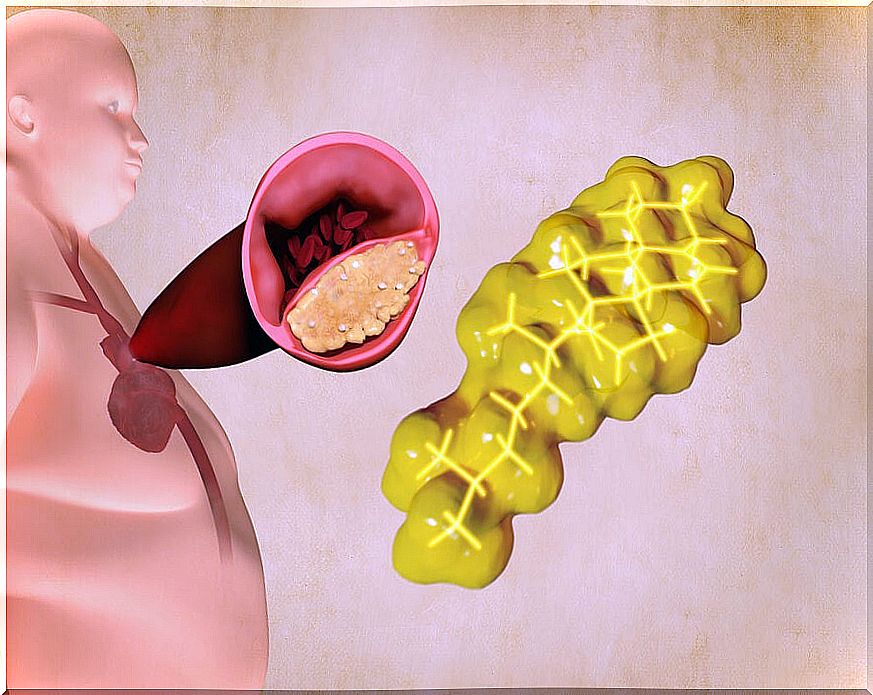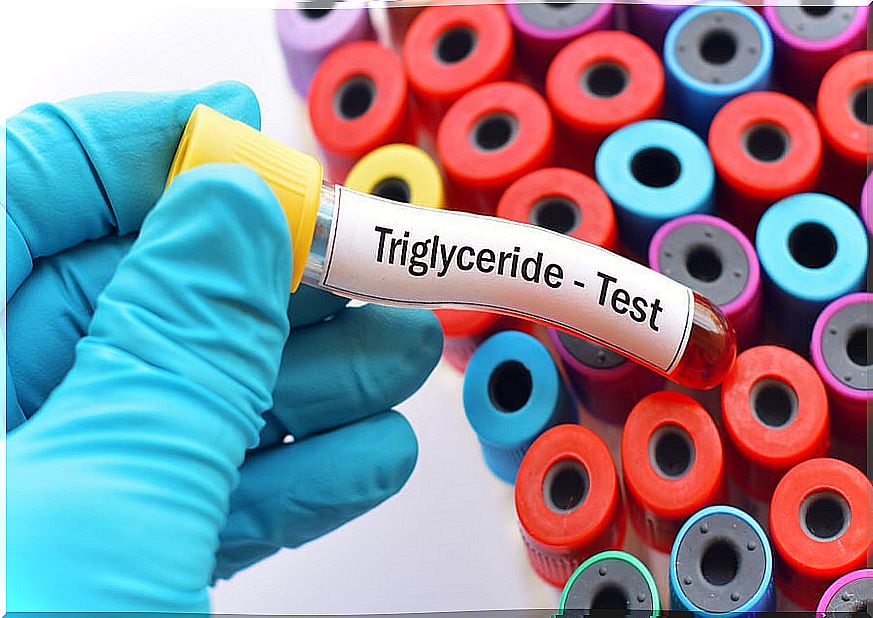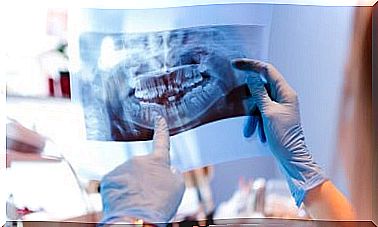High Triglycerides: Causes And Symptoms
In popular thought, high triglycerides in the blood are associated with a diet that is very high in fat content. However it is not always so. The origins of the altered result may be linked to other factors.
So, if you’ve been diagnosed with elevated triglycerides, don’t panic. The substance of the problem must be investigated together with the doctor in order to address it correctly.
What are triglycerides?
Triglyceride is a variety of lipid that circulates in human blood and is present in some tissues of the body composition. It is not a foreign or foreign substance, but its elevation in plasma causes problems.
In normal metabolism, this fat is a reserve energy source. When eaten with food, lipid cells, called adipocytes , lock triglycerides inside to be used when the time comes.
In situations that require more caloric expenditure, such as prolonged exercise or cold winter seasons, the body uses these reserves to generate heat. It is not an exclusive mechanism of human beings, but many animals use it in the same way.
Beyond the fact that each laboratory has its biochemical parameters with which it establishes normality, there are certain values that are considered adequate. High triglycerides are diagnosed when they exceed the concentration of 150 milligrams per deciliter of blood.
This high concentration is associated with a higher cardiovascular risk, with an increase in the chances of suffering from acute myocardial infarction and cerebrovascular accidents. Above 200 milligrams per deciliter is considered very high, and above 500 it is extremely careful.

Causes of high triglycerides
High triglycerides have an unhealthy diet as one of their main causes, but this is not the only origin. A sedentary lifestyle, genetics, and some systemic diseases are related to the disorder.
Diet
When it comes to diet, it is saturated fats and trans fats that raise cholesterol and triglycerides. The former also increase bad cholesterol or LDL.
Saturated fats are mainly concentrated in dairy animal products, such as cheese, milk, and butter. Red meat also provides large amounts of triglycerides, particularly less lean cuts.
On the other hand, trans fats have a double negative effect, which consists of lowering good cholesterol and increasing those that clog the arteries. They are mainly found in products that have undergone hydrogenation during their manufacture.
Concomitant diseases
The pathologies that are most associated with an increase in blood triglycerides are the following:
- Hypothyroidism
- Polycystic ovary syndrome.
- Diabetes.
- Renal insufficiency.
Lifestyle
Lack of exercise and sedentary life are known risk factors for cardiovascular diseases. To a large extent, the problem lies in the increase in triglycerides and cholesterol that occurs when the person does not do any sports.
If we add to this bad habits such as tobacco or alcoholism, the risk increases. There is even research that shows how the mother’s lifestyle can alter the lipid levels in her babies during pregnancy.
Genetics
Beyond the disease called “familial hypercholesterolemia”, in which the genetic basis is clear, high triglycerides alone are not immune to the influence of heredity. When parents or grandparents have suffered from the disorder, children and grandchildren are more likely to have it as well.
No symptoms, yes complications
High triglycerides do not manifest with specific symptoms. Neither the headache, nor chest discomfort, nor arrhythmias nor fatigue. No signs can be attributed to the increase of these substances in the blood.
What we do find are complications derived from the disorder. That represents a big problem for the medical clinic. Sometimes, the patient comes to an emergency consultation for a coronary event derived from his elevated triglycerides, and he did not know it.
Its elevation should be suspected and the blood lipid value tracked in obese people, in those with a family history, and in those with other cardiac risk factors, such as hypertensive and diabetic patients.
However, a detection of a normal value does not rule out the probability of heart attack or stroke in people with other comorbidities.

What to do if triglycerides are high?
Steps can be taken to lower blood triglyceride values when a high number is detected. If necessary, the doctor will indicate a specific drug, such as statins.
In any case, international guidelines and scientific studies on the matter agree that if statins are not combined with a change in lifestyle, the effect will not be lasting. Among the modifications that are prescribed are the following:
- Reduce the amount of saturated fat and trans fat in the diet.
- Perform regular physical exercise.
- Reduce work sedentary lifestyle by incorporating active breaks.
If nothing is enough, or the detected values exceed 500 milligrams per deciliter, the treatment should be combined with drugs other than statins. It is possible to receive an indication to consume fibrates, niacin or omega 3 supplements, as is well indicated by the consensus of the Spanish Arteriosclerosis Society .
In any case, high triglycerides are an alert that no one should ignore. Its silent presence represents a latent risk that, fortunately, can be controlled if there is a timely detection.









